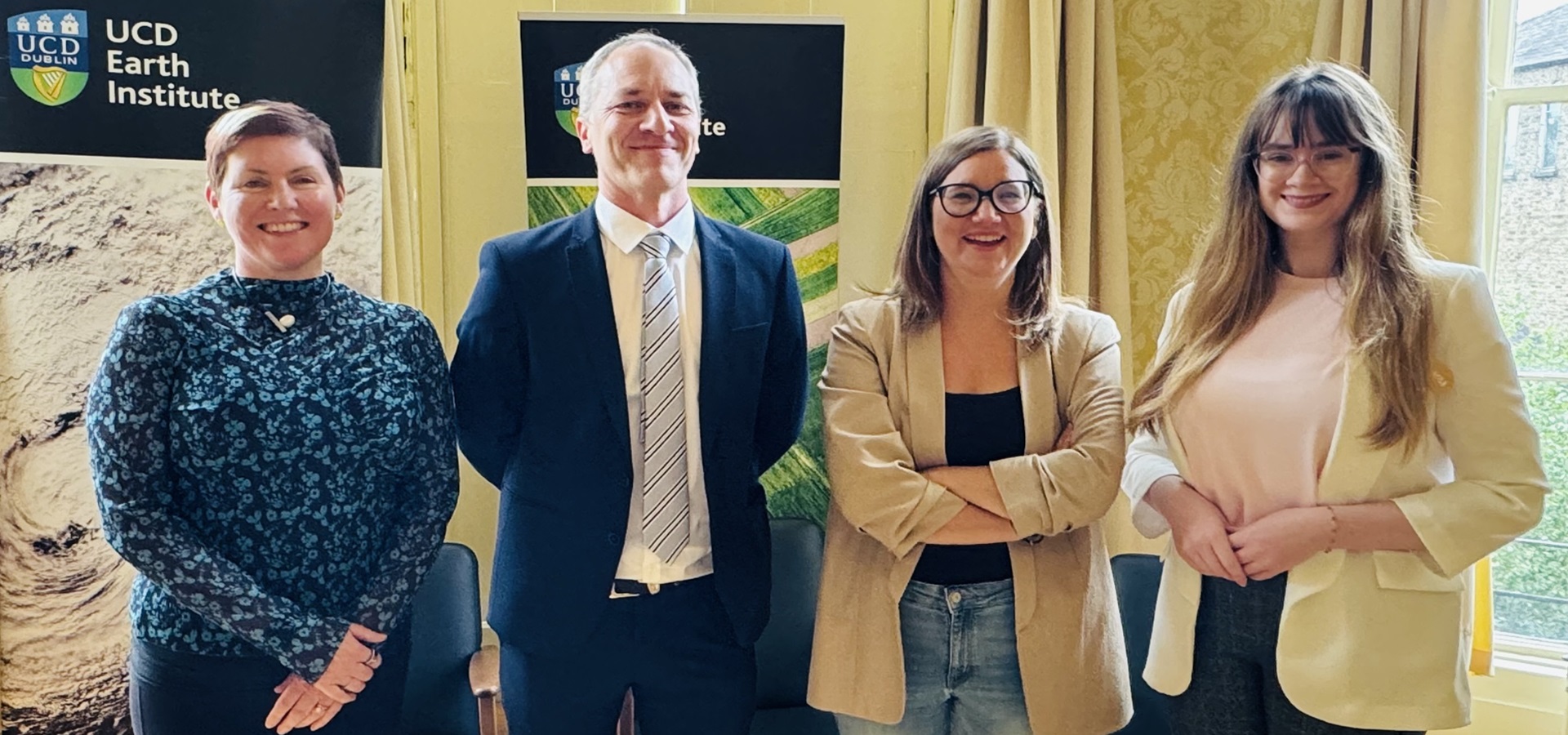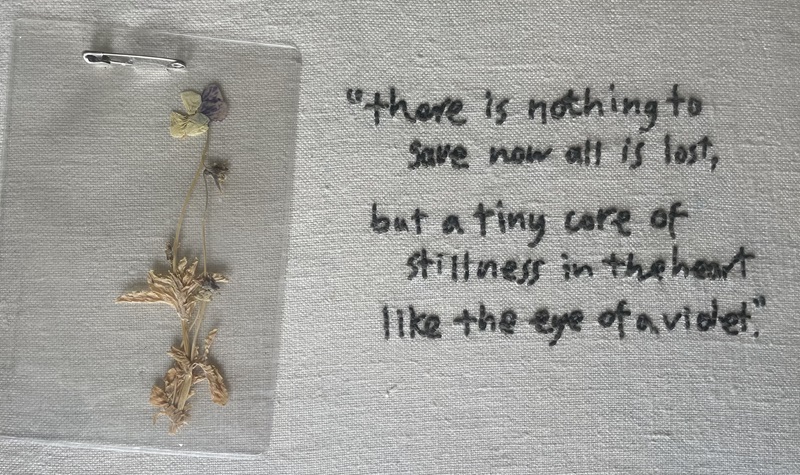DIVERISCROP COST Action success

Congratulations to Institute members Dr Sónia Negrão from the School of Biology and Environmental Science and Associate Professor Meriel McClatchie from the School of Archaeology on their success in the COST Action scheme for their project DIVERSICROP: Harnessing the potential of underutilised crops to promote sustainable food production. DIVERSICROP's main aim is to build an interdisciplinary network who will develop a new pathway to promote underutilised crops (pea, rye and chickpea) in Europe by identifying and sharing a harmonised dataset.
COST (European Cooperation in Science and Technology) is a funding organisation for research and innovation networks. They fund COST ‘Actions’ which are interdisciplinary bottom-up research networks that brings researchers and innovators together to investigate a topic of their choice for four years. COST Actions are typically made up of researchers from academia, SMEs, public institutions and other relevant organisations or interested parties.
DIVERSICROP responds to urgent challenges in our food system: increasing needs for sustainably produced nutritious food in the context of rapidly population growth and agro-climatic changes. In Europe, many nutrient-dense foods are not widely grown and consumed, despite their suitability to European climates and environments, and viability for sustainable production with lower inputs. Underutilised crops that are stress resilient such as rye and legumes, have the potential to supply key nutrients and improve diets and risk of diet-related diseases. Such crops have a long history of cultivation across the continent and are part of the national historic food identity of different European countries yet are underutilised due to several complex reasons.
The network addresses these challenges using an innovative, cross-sectoral and multidisciplinary approach by analysing the deep history of underutilised crops in Europe, understanding the genetic diversity and adaptation to climate change of crop germplasm, analysing current regional trends in the consumption of food products and by involving national and EU policymakers and key stakeholders to revive diverse crop production and maximise the impact of Europe’s agricultural sustainability. The project will harmonise fragmented data and develop strategies for the sustainable cultivation of target crops, striking a balance between agricultural sustainability and human nutritional value.
The Action grew out of an Earth Institute Strategic Priority project which was funded in 2019 and led by Sonia and Meriel. Through this project, they grew a network of researchers across Europe which formed the basis for this COST Action. Following on from this collaboration, the Action will be led by Sonia with Meriel as co-proposer and brings together a skilled and team across four central working groups: ancient history, crop science, nutrition and policy. It contains fifty-seven initial ‘proposers’ or founding members from twenty countries including crop and agricultural sciences, archaeology, sustainable production, nutrition and dietetics, policy and data science.
Dr Sónia Negrão says, "We are delighted to lead this COST Action, it is truly a fantastic opportunity to engage with researchers across Europe and near neighbouring countries. DIVERSICROP's main aim is to build an interdisciplinary network that will develop a new pathway to promote underutilised crops by identifying and sharing a harmonised dataset. We will focus on peas, rye and chickpeas and we look forward to increasing public awareness on the importance and potential of underutilised crops as well as their rich heritage and nutritional value."
Associate Professor Meriel McClatchie adds, "The challenges in tackling crop diversification are wide ranging and complex, reflecting historical, socio-cultural, socio-political, socio-economic and agronomic factors. To address this issue, the DIVERSICROP network brings together a wide variety of stakeholders from archaeology, plant science, farming, nutrition, policy and industry, to develop an integrated, evidence-based pathway towards crop diversification. We are looking forward to working with network participants from 20 countries across Europe and beyond, which will enable a forum for diverse perspectives and, we hope, the prospect of real and sustainable change.
UCD Earth Institute Director Professor Tasman Crowe said, "we are delighted to see the funding of this new COST Action which has its roots in our Strategic Priority funding scheme. The network will address very important issues in food security, nutrition sustainable food production and bring a truly interdisciplinary approach to these challenges which is what the Strategic Priority scheme has always aimed to encourage. Congratulations Sonia and Meriel and we look forward to seeing the network develop”
A full list of COST Actions is available on the COST website with new Actions for 2023 to be added by 9 June. Individuals are free to join working group(s) related to any Action on their own initiative. Each Action will have its own page on the website and an ‘apply’ link for those who wish to join. In addition,
Ireland has the opportunity to nominate two individuals to the management committee (MC) of each Action. To discuss the process for the latter, please contact Earth Institute research manager Caitriona Devery who can put you in touch with the Cost National Contact Point David Flood.

